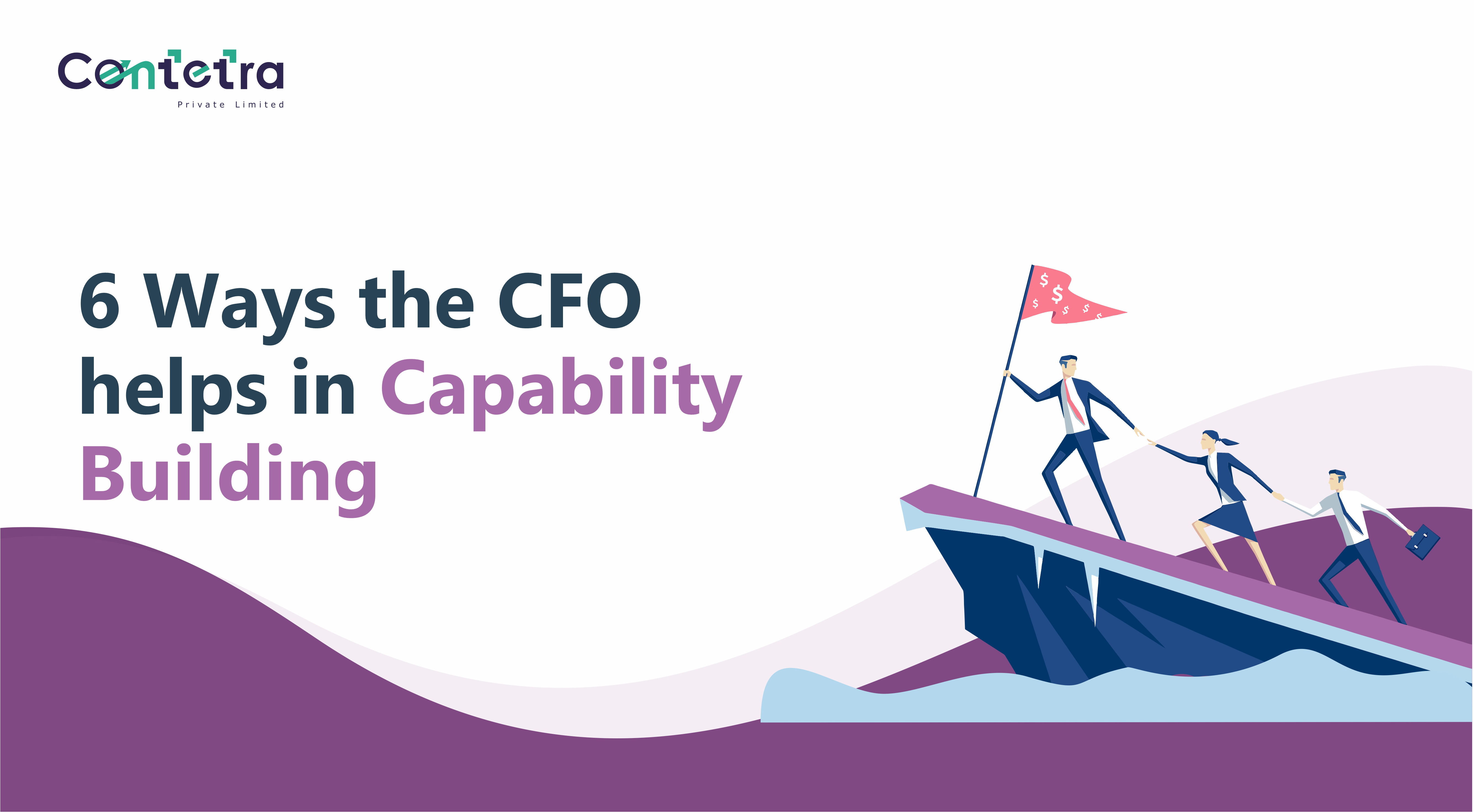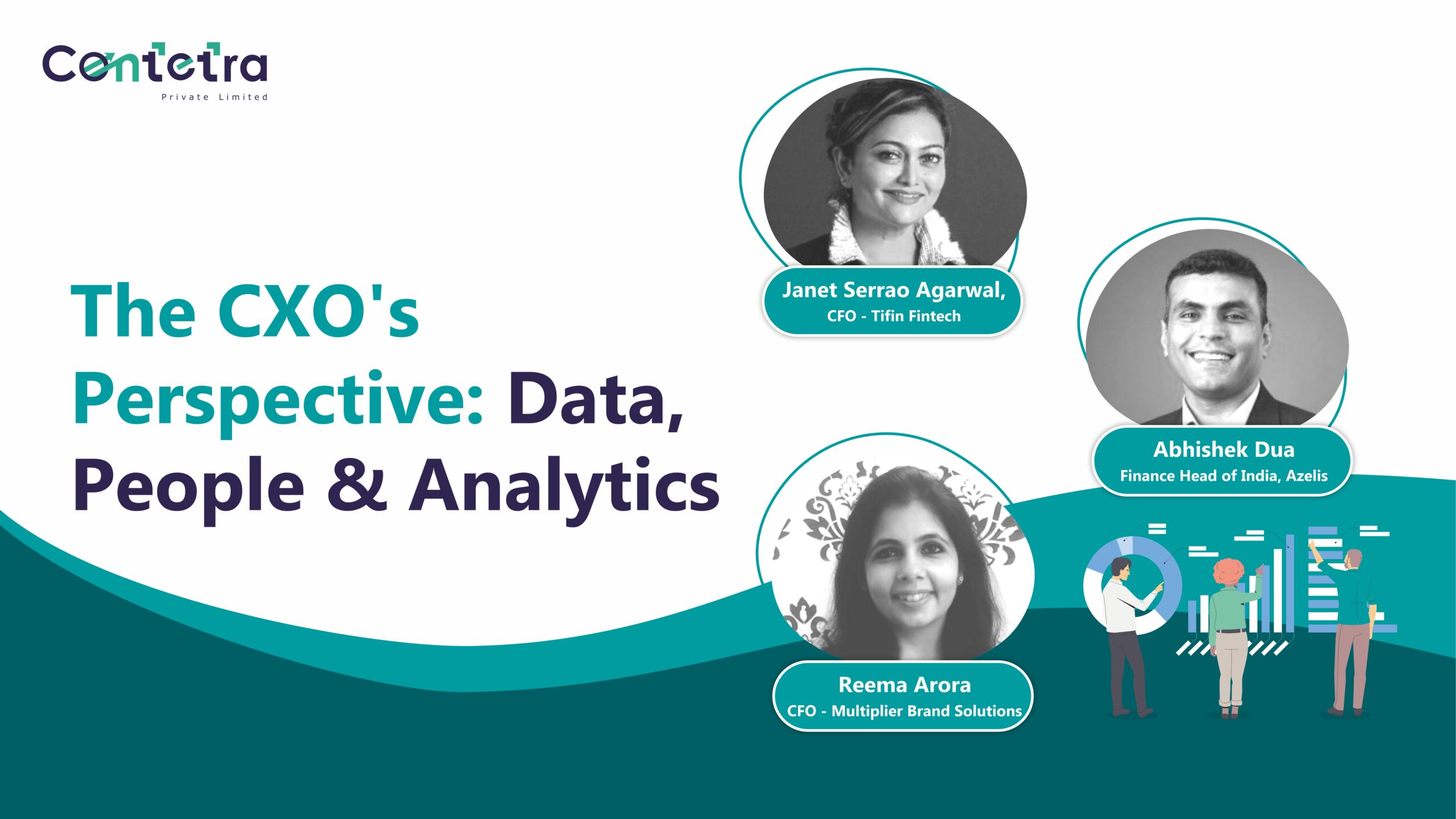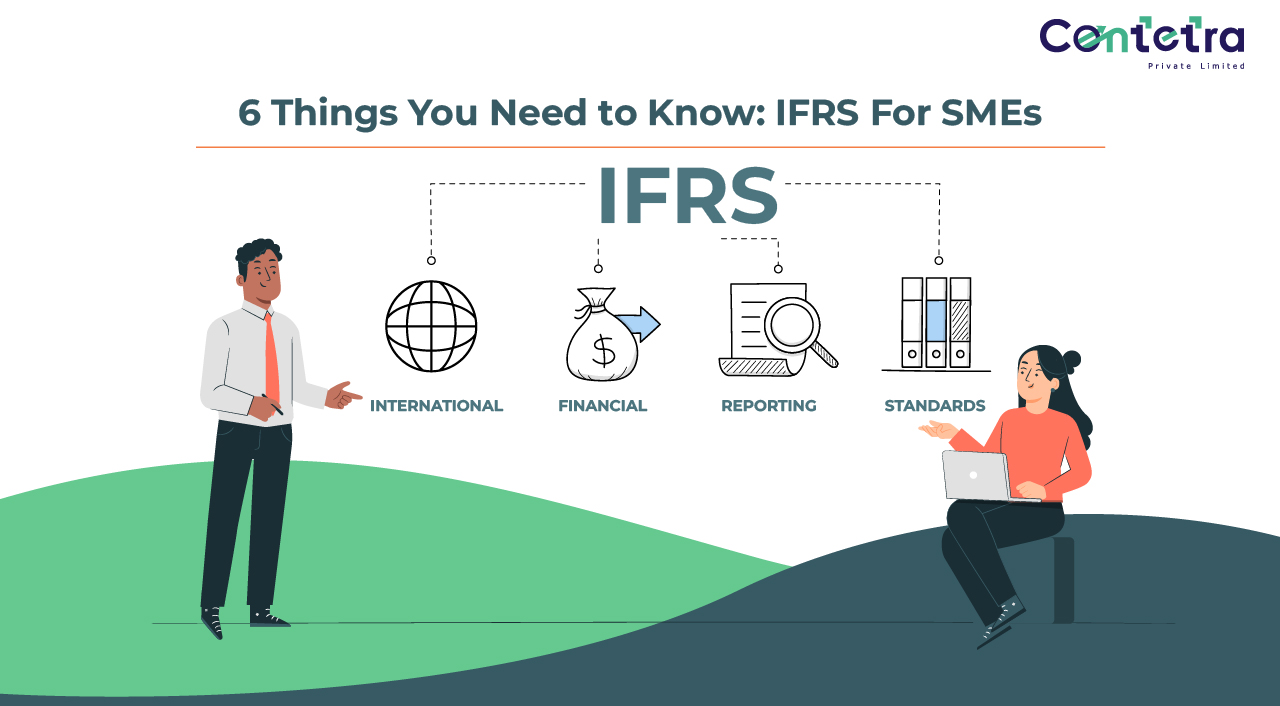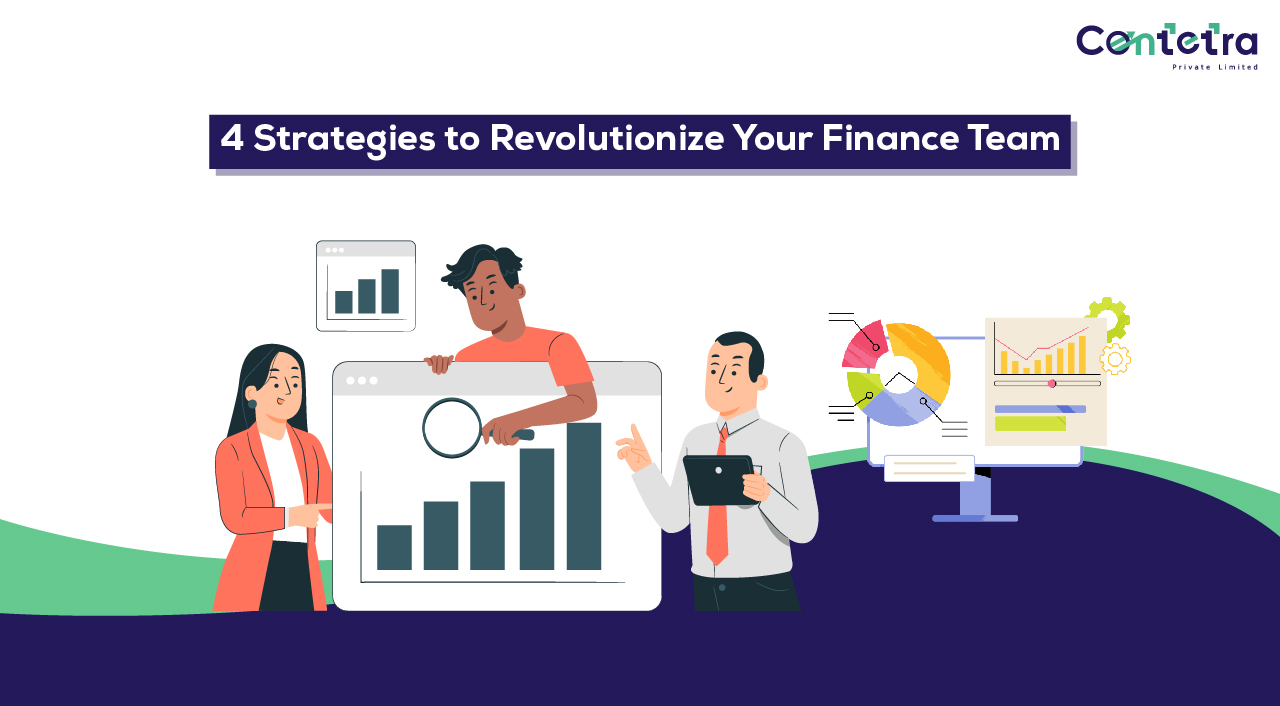Do you know the CFO’s function in every industry face a constant and pressing challenge — A talent crisis?
In our rapidly expanding business landscape, the finance function has evolved beyond mere number tracking and reporting. It now plays a pivotal role in creating an ecosystem that generates more value for an organisation’s stakeholders. It now acts as a business partner that enables proactive collaborations with other business units to generate high-value insights.
Think about it: The rise of automation, A.I., has expedited organisations to optimise their operations and processes. The data science boom has significantly impacted supply chain management and business partnerships, reshaping the entire finance landscape. Customer preferences and investor expectations are constantly changing, with the full extent of their repercussions still unfolding
Simultaneously, the finance function at its core shifted its primary focus to identifying business improvements, implementing corporate strategy, and budgeting, as backed by the survey of Berkeley Research Group,
These dynamics add to the CFO’s challenges and make it tricky for the finance team to elevate their operational capabilities, even under the most favourable circumstances.
The CFO’s challenges lead to us asking – how does the CFO channel high-value, high-stakes transformations for its team?
Log out of the finance archives
Four of ten CFOs said that they created the most value for their organisations through their strategic leadership and performance management according to a 2018 McKinsey survey,
The CFO possesses a unique worldview that encompasses a comprehensive understanding of individuals, teams, the company, the industry, and the global context.
To construct and refine this worldview, the CFO’s responsibilities must transcend the finance team to facilitate cross-functional projects and knowledge-sharing sessions with other business units to develop interdisciplinary functional insights into the company’s operations and industry dynamics.
By complementing this multifaceted perspective, insights into business dynamics, and strategic principles, the CFO aids the finance team in building trust among stakeholders and promoting accountability. It also helps the finance team understand the strengths and weaknesses of the organisation and other business units to boost their financial acumen.
Leverage data and digital capabilities
The size, complexity, and importance of data are growing at a record pace. The annual digital data volumes are projected to more than double from 64.2 zettabytes in 2020 to 181 zettabytes in 2025.
Finance functions should increasingly rely on automation capabilities and analytics solutions to enhance their dynamic scenario modelling, management reporting, and other data-driven analyses and processes.
Solutions such as – lease accounting automation tools, consolidation process automation, fixed assets tracking and tagging system and most importantly, implementing the right ERP system can enhance the efficiency and productivity of your finance team.
These solutions offer significant advantages by accelerating crucial finance processes and automating simple rules-based tasks. As a result, staff within finance functions and shared service centres can redirect their focus towards more intricate and higher-value work.
Establish a scalable finance ecosystem
Ecosystems have become an inevitable progression in the digital disruption of the finance function. The seamless connectivity provided by digital tools and channels has eroded the distinctions between physical and online platforms, as well as between individual companies and the broader value chain.
This shift has necessitated reframing traditional boundaries and prompted the emergence of interconnected ecosystems within the industry.
The CFO must create an ecosystem of partners and alliances to overcome growing complexity. Identify strategic partners and service providers that align with your goals and have relevant expertise. Cultivate relationships with these partners and establish expectations through KPIs and SLAs.
To achieve long-term competitive advantage and capitalise on ecosystems, CFOs must grasp how these networks form around customer needs. It is crucial to define their desired role within the resulting value chains, including how they will facilitate and harness the growing streams of financial transactions and customer data.
The CFO aims to enable seamless finance transformation, from creating financial statements to function-tailored ERP implementation, from acing the FP&A function to enabling dynamic L&D initiatives for the finance team.
Embrace the potential talent pool
The CFO along with the CHRO has a crucial opportunity to foster talent development post-pandemic. They can achieve this by systematically reviewing the talent profile, identifying current and future skill requirements, and collaborating to build the finance dream team and align skill sets with strategic & operational plans. This dynamic duo of finance and human resources can deliver serious wins for the organisation. {Read more about the benefits of the synergy between CFO and CHRO.
In a broader context, CFOs should lead by example and actively participate in capability programs. By modelling the desired mindsets and behaviours, they can inspire others and assist the business unit and fellow C-suite leaders in considering strategic imperatives holistically, identifying the necessary skills for plan execution, and understanding the financial impact of these activities on the company’s overall health.
Identify opportunities to emerge stronger
The relationship between capability building and financial performance is intertwined, as the presence of skilled individuals in appropriate positions can enhance operational efficiency, customer satisfaction, and various factors that contribute to sales, revenues, and profitability.
Fortunately, CFOs possess the necessary financial and operational data and a comprehensive understanding of the organisation across functions. This positions them well to assist companies in identifying key capabilities that can set them apart from competitors and drive sustainable success.
However, most C-suite leaders often struggle with the belief that investing in capability building must result in immediate payoffs. It is essential to recognise that most of the value accumulates over time.
Know when to transition
Over the past decade, the overall finance functions directly impacted the core functions of an organisation. But many CFOs often express that their experience in capability building has been insufficiently developed and utilised.
Companies must provide CFOs with the necessary autonomy to fulfil their role in capability building. CFOs have a unique position to secure resources for business units, enabling investments in infrastructure, technology, talent, and organisational changes necessary for success in the future. Additionally, they can serve as role models for essential cross-functional behaviours and skill sets.
Today CFOs are already highly proficient in finance skills like budgeting and forecasting. However, communication strategies to effectively convey strategic information and financial concepts are also crucial. By mastering this aspect, CFOs can enhance their influence and presence in performance discussions.
Let your CFO be your strategic partner in capability building for your finance team.
Under Contetra’s FinanceFirst initiative, we help you get the competitive advantage you need – whether it is creating an external financial ecosystem or curating learning and development initiatives to upskill your finance team.
We hope you found this to be an insightful read. Follow our CEO and CFO on LinkedIn for more content about #internationalGAAP #IFRS #BusinessFinance #FPA #FinanceStrategy and more!














